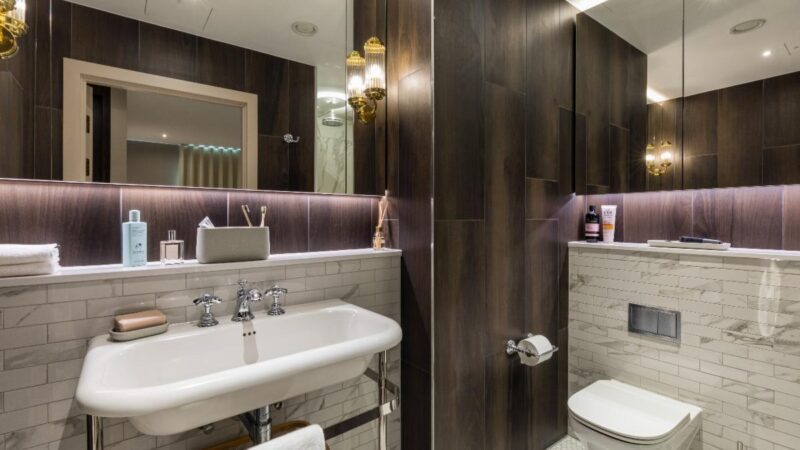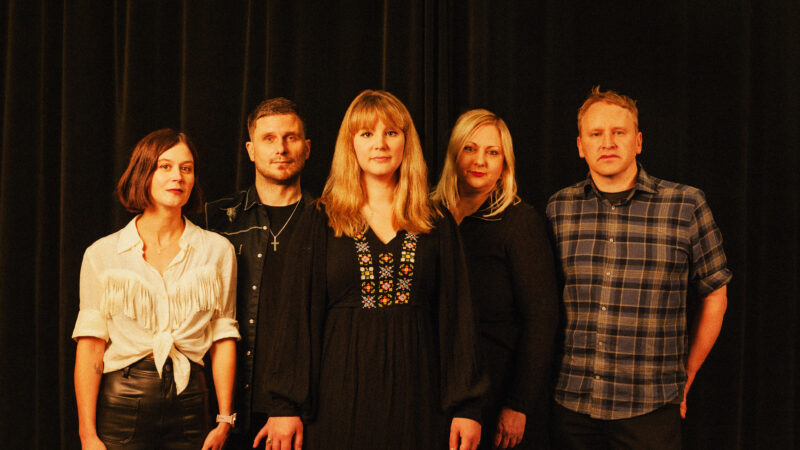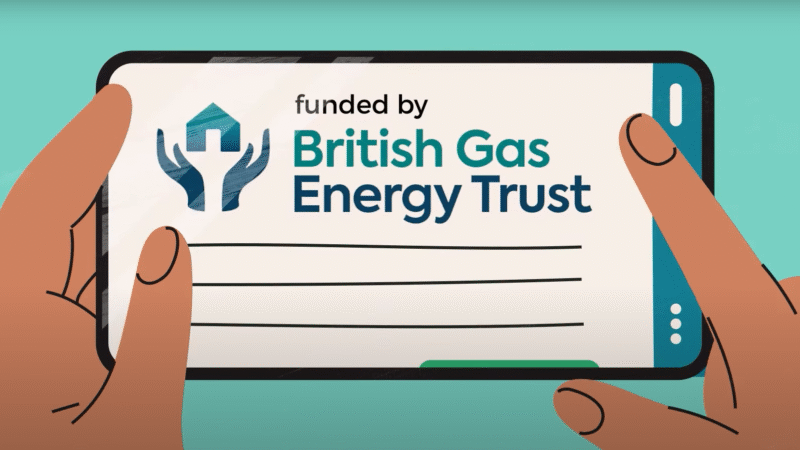WOMAN ARRESTED FOR SILENT PRAYER OUTSIDE ABORTION CENTRE ACCUSES POLICE OF ‘TWO TIER POLICING’

A Christian charity volunteer who won a £13,000 payout after she was arrested for praying silently outside an abortion clinic has cops of two-tier policing.
Speaking on GB News Isabel Vaughan-Spruce said:
“Clearly I’m delighted with the result, and that the police have taken some ownership of the fact that they’ve been treating me disgracefully for so long.
“But it’s 20 months plus since this first started in December 2022 when I was first arrested. Then I obviously had to go to court, [there was] a second arrest, and even after that, various tickets given to me by the police.
“So it’s really gone on for so long now, and it’s been quite a shock to myself and others that something so Orwellian could still happen in the 21st century for such a prolonged period of time.
“The crazy thing is that when I’m silently praying on the street, there’s other people on the street that have also stopped. Somebody might be having a cigarette, somebody might be waiting for a friend or waiting for a taxi.
“The police don’t go up to any of these people and ask them, are they praying or what are they thinking about?
“But because some of the locals know that I’m pro life and will contact the police, the police have supported them and helped to kind of enforce a spirit of division in the area.
“Pro lifers are almost feeling like second class citizens in that locality now because of the way they’ve been treated.
‘I’m really glad are beginning to wake up to two tier policing, because pro-lifers and other Christians have been at the brunt of this for a long time.
“I know when I have been praying outside abortion centres. I don’t ever take any posters or placards, none of my volunteers do. We’ve just got some leaflets of help that we would offer people, prior to the buffer zone.
“But we would be spat at and sworn at and assaulted by locals, not by people using the abortion centre, and the police would do nothing. They would turn a blind eye, at best.
“Otherwise, they would tell us, what if you don’t want to be assaulted, don’t come out of your house. That’s the kind of responses we would be getting from the police.
“And yet within five minutes of being there silently praying, the police are there, six of them, to tell me that my prayers are an offence.
“It that’s not two-tier policing, I don’t know what is.”






